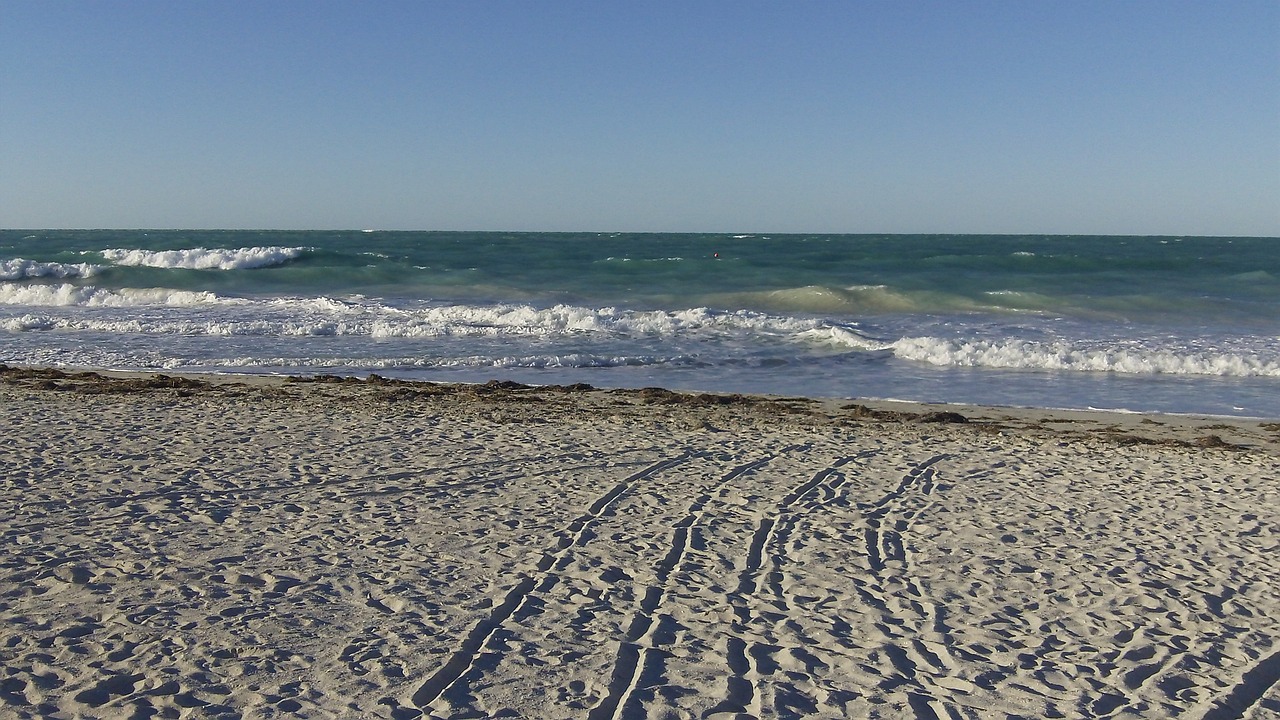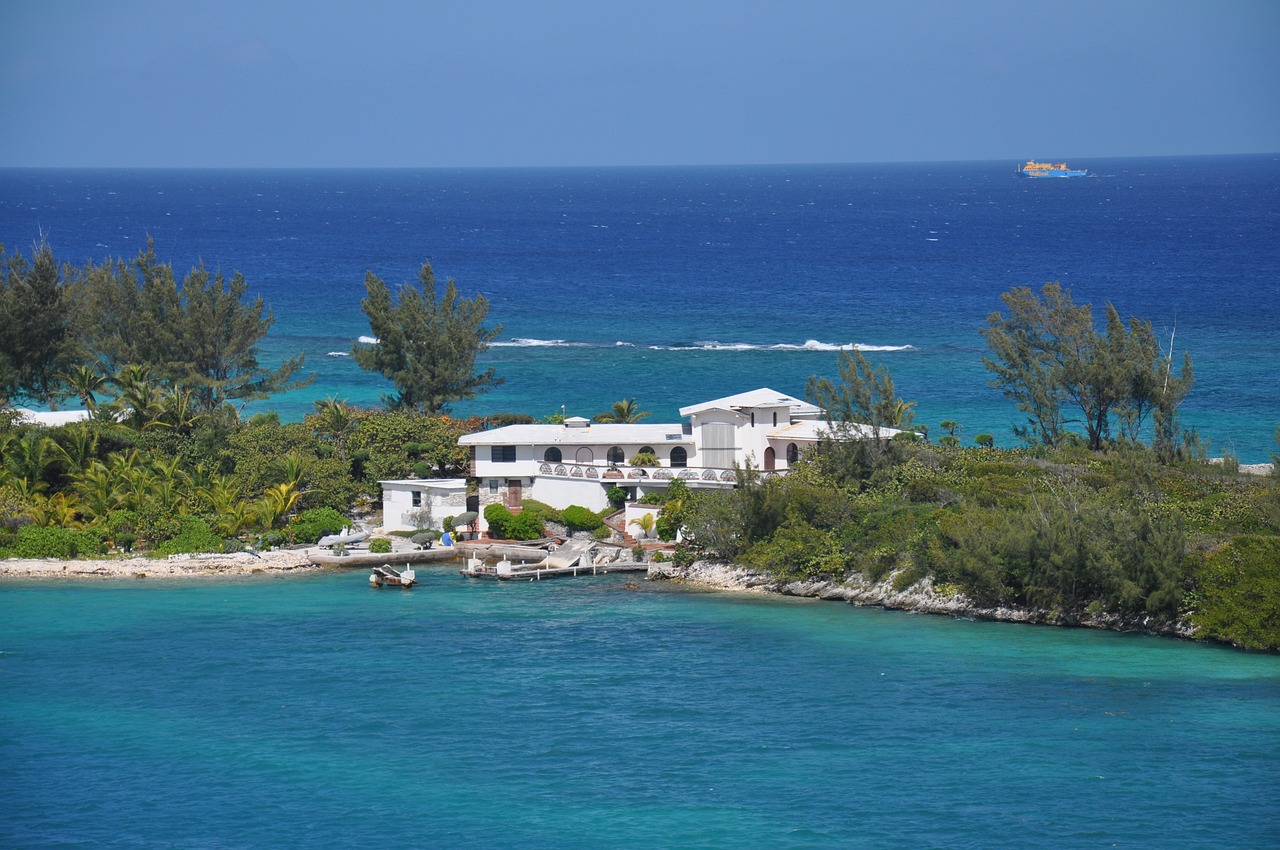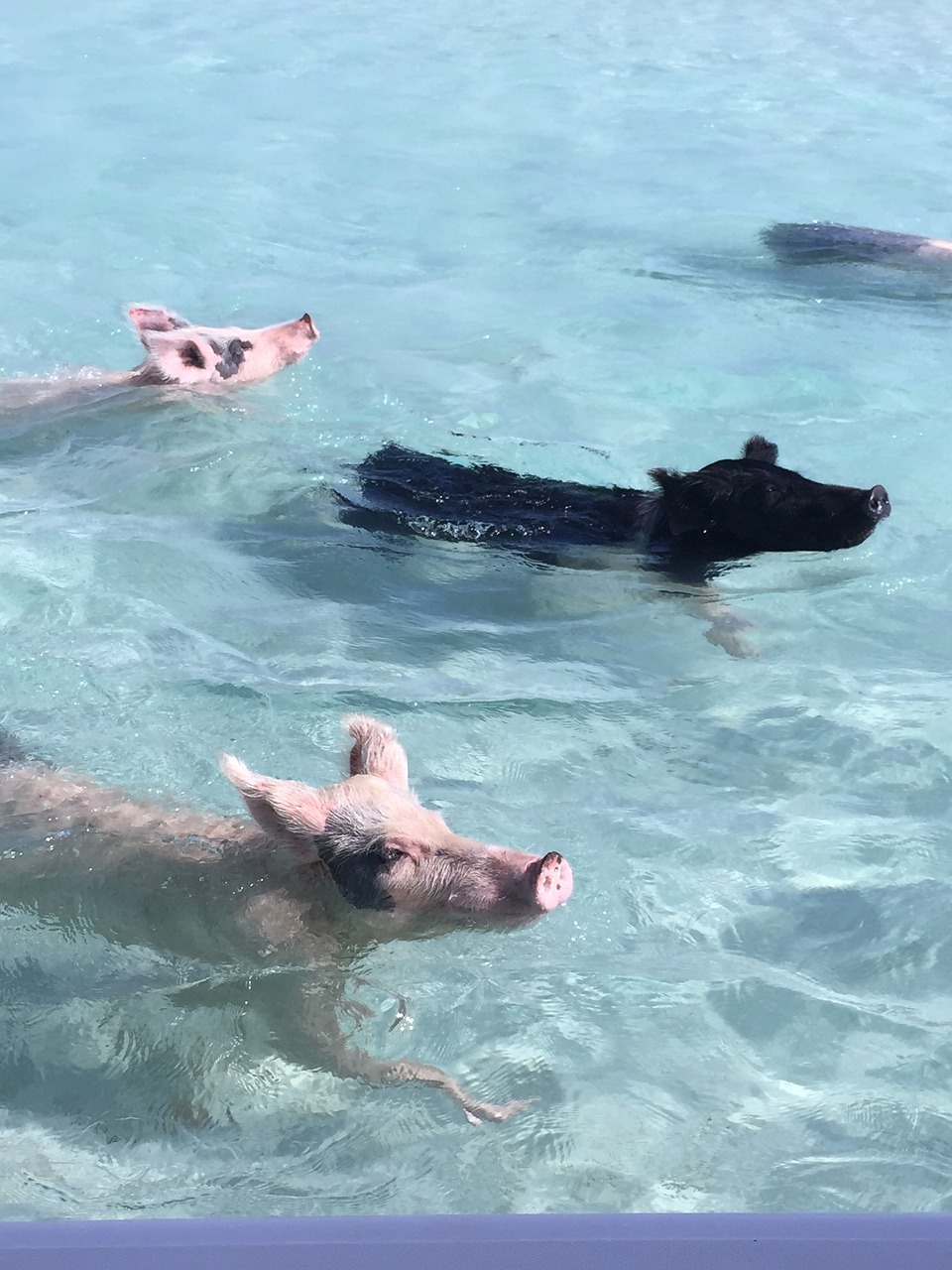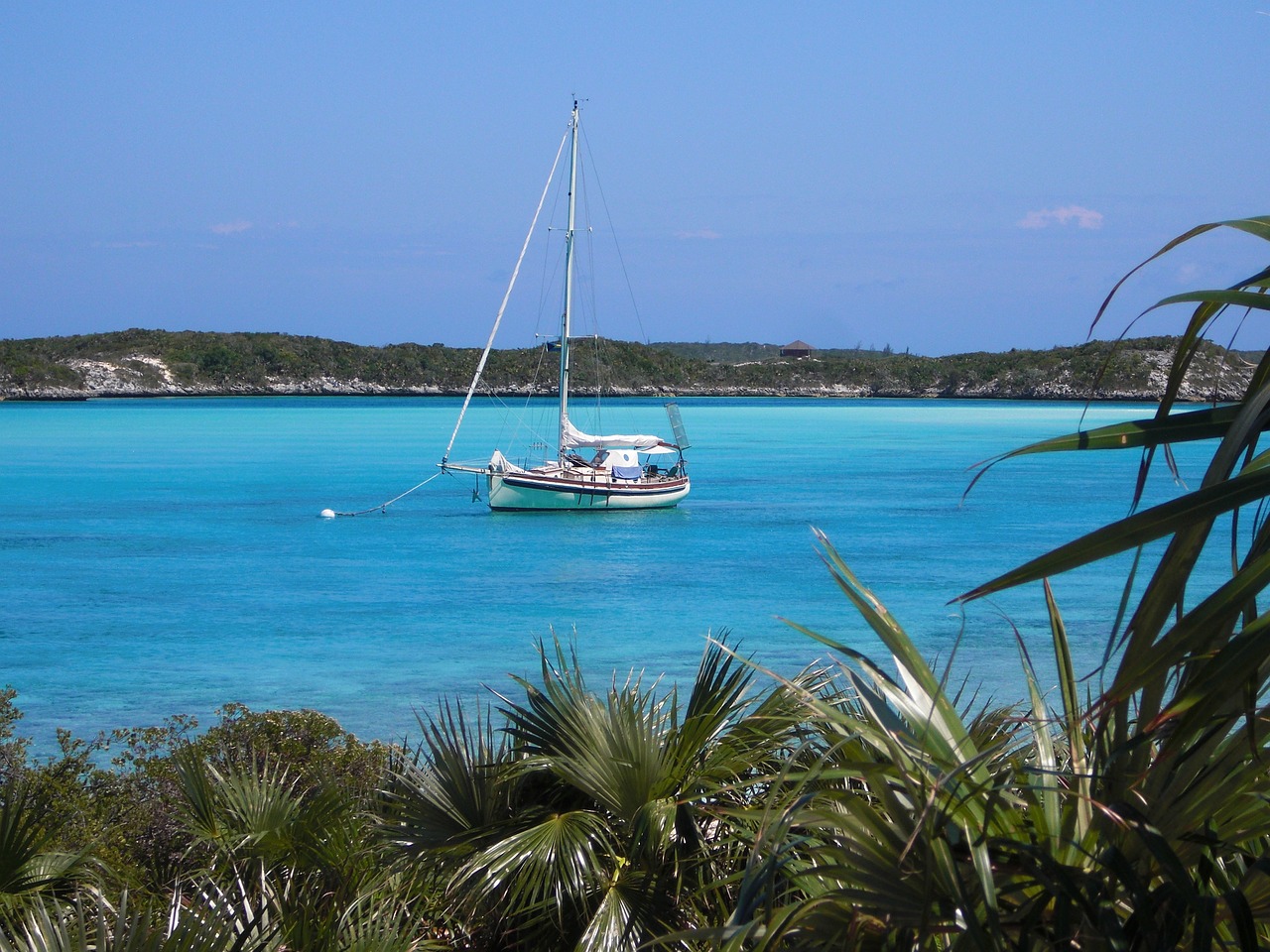Bahamas Video
Cultural Sensitivities: Understanding Local Norms in Bahamas
The Bahamas is a beautiful archipelago consisting of more than 700 islands and cays in the Atlantic Ocean. It is renowned for its pristine beaches, crystal clear waters, and vibrant culture. When visiting the Bahamas, it is important to be aware of and respect the local cultural sensitivities and norms. This article aims to provide a comprehensive understanding of the cultural nuances in the Bahamas to ensure a positive and respectful experience for visitors.
Religious Practices and Etiquette
The Bahamas is predominantly Christian, with the majority of the population adhering to Protestant denominations. Religious practices and beliefs hold significant importance in Bahamian culture. When visiting churches or religious sites, it is important to dress modestly and respectfully. Avoid wearing revealing clothing or beachwear in these settings.
- Attending Church Services: If you plan to attend a church service, arrive on time and participate respectfully. It is customary to stand during hymns and prayers. Avoid talking or using electronic devices during the service.
- Sunday Observance: Sundays are generally considered a day of rest and worship in the Bahamas. Many businesses may be closed or have limited hours of operation on Sundays. Respect the quiet and peaceful atmosphere of the day.
- Religious Festivals: The Bahamas celebrates various religious festivals throughout the year, such as Easter and Christmas. These events are marked by vibrant parades, music, and cultural performances. Respect the significance of these festivals and enjoy the festivities with an open mind.
Social Etiquette and Customs
Bahamians are known for their warm and friendly nature. Understanding and respecting their social etiquette and customs will help you connect with the locals on a deeper level.
- Greetings: When meeting someone for the first time, a handshake is the common form of greeting. Maintain eye contact and use a friendly tone. It is customary to address individuals by their titles and last names, such as “Mr. Smith” or “Ms. Johnson,” until given permission to use their first names.
- Respecting Elders: Bahamian culture places great emphasis on respecting elders. It is polite to address older individuals with respect and deference. Use “sir” or “ma’am” when speaking to them.
- Personal Space: Bahamians value personal space and tend to stand at arm’s length when conversing. Respect this cultural norm and avoid invading someone’s personal space.
Cuisine and Dining Etiquette
Bahamian cuisine is a delightful fusion of African, Caribbean, and European influences. When dining in the Bahamas, it is essential to be aware of the local dining etiquette to fully appreciate the gastronomic experience.
- Table Manners: When dining at a restaurant or someone’s home, wait to be seated or invited to the table. It is customary to keep your hands visible on the table, but avoid resting your elbows on it. Wait for the host to start eating before you begin.
- Seafood Delicacies: The Bahamas is famous for its fresh seafood. When sampling local delicacies like conch salad or cracked conch, use utensils provided or your hands if appropriate. Avoid wasting food and try a variety of dishes to fully experience the rich flavors of Bahamian cuisine.
- Tipping: Tipping is customary in the Bahamas. It is customary to tip around 15-20% of the total bill at restaurants. Some establishments may include a service charge, so check your bill before tipping.
Respecting Nature and the Environment
The natural beauty of the Bahamas is one of its greatest treasures. It is crucial to respect and preserve the environment during your visit.
- Coral Reefs and Marine Life: The Bahamas is home to stunning coral reefs and diverse marine life. When snorkeling or diving, avoid touching or damaging the coral reefs. Admire marine life from a distance and do not disturb their natural habitat.
- Littering: Keep the beaches and natural areas clean by disposing of trash properly. Avoid leaving behind any waste or litter. Participate in beach clean-up initiatives if available.
- Protected Areas: The Bahamas has several protected areas, including national parks and nature reserves. Follow the rules and regulations in these areas to ensure their preservation for future generations.
Local Festivals and Celebrations
The Bahamas is a vibrant destination with numerous festivals and celebrations throughout the year. These events provide a unique opportunity to immerse yourself in the local culture.
- Junkanoo: Junkanoo is a traditional Bahamian festival held on Boxing Day (December 26th) and New Year’s Day. It features colorful parades, music, dance, and elaborate costumes. Join in the festivities and experience the energy and spirit of Junkanoo.
- Regattas: The Bahamas is renowned for its sailing regattas, which showcase the island’s rich maritime heritage. These events feature thrilling boat races, cultural performances, and local cuisine. Attend a regatta to witness the competitive spirit and maritime traditions of the Bahamas.
- Bahamas Independence Day: Celebrated on July 10th, Bahamas Independence Day commemorates the country’s independence from British rule. Join in the festivities, which include parades, fireworks, and cultural performances.
Traditional Music and Dance
Bahamian music and dance are deeply rooted in African and Caribbean influences. Immerse yourself in the rhythmic beats and vibrant movements of traditional Bahamian music and dance forms.
- Rake and Scrape: Rake and Scrape is a popular Bahamian music genre characterized by rhythmic scraping of a saw, accompanied by drums and other instruments. Attend a live performance to experience the infectious energy of this unique musical style.
- Bahamian Quadrille Dance: The Bahamian Quadrille is a traditional dance form that originated from European square dancing but has evolved with distinct Bahamian flair. Join a dance class or watch a performance to appreciate the intricate footwork and lively spirit of this cultural dance.
- Goombay: Goombay is a fusion of African and Caribbean rhythms, often accompanied by lively dance movements. It is a vibrant expression of Bahamian culture and can be experienced at local festivals and events.
Bahamas Image 1:

Local Arts and Crafts
The Bahamas has a rich artistic heritage, with local artisans creating unique crafts that reflect the culture and traditions of the islands.
- Straw Crafts: Bahamian straw crafts are renowned worldwide for their intricate designs and craftsmanship. Explore local markets and shops to find beautiful straw hats, bags, and other handmade items.
- Woodcarvings: Woodcarving is another traditional craft in the Bahamas. Local artisans create intricate sculptures and figurines using native woods. These pieces make for excellent souvenirs and gifts.
- Paintings and Pottery: The Bahamas is home to many talented painters and potters. Visit art galleries and studios to discover unique paintings, ceramics, and pottery inspired by the vibrant colors and natural beauty of the islands.
Environmental Conservation Efforts
The Bahamas is committed to preserving its natural resources and has implemented various initiatives to protect the environment.
- Bahamas National Trust: The Bahamas National Trust is responsible for managing national parks, protected areas, and wildlife conservation. Support their efforts by visiting these areas and adhering to the guidelines.
- Coral Reef Conservation: The Bahamas Coral Reef Conservation Initiative focuses on protecting and restoring coral reefs. Learn about responsible snorkeling and diving practices to minimize the impact on these fragile ecosystems.
- Plastic Reduction: The Bahamas has banned single-use plastics to reduce plastic pollution. Avoid using single-use plastics and support local businesses that promote eco-friendly alternatives.
Bahamas Image 2:

Etiquette in Public Spaces
When exploring public spaces in the Bahamas, it is important to be mindful of local customs and etiquette.
- Beach Etiquette: Respect the beach and its surroundings by keeping noise levels to a minimum and disposing of trash properly. Avoid playing loud music and be considerate of other beachgoers.
- Public Transportation: When using public transportation, such as buses or taxis, be polite and patient. Queue in an orderly manner and offer your seat to the elderly or those in need.
- Residential Areas: If you are visiting residential areas, be mindful of noise levels, especially during late hours. Respect the privacy of residents and avoid trespassing on private property.
Traditional Clothing and Fashion
Bahamian traditional clothing reflects the vibrant cultural heritage of the islands.
- Androsia Fabric: Androsia fabric is a colorful, hand-printed fabric made in the Bahamas. It is used to create beautiful dresses, shirts, and accessories. Purchase an Androsia piece as a unique souvenir.
- Bahamian Straw Hat: The Bahamian straw hat is an iconic accessory and provides protection from the sun. It is a stylish and practical addition to any beach outfit.
- Sarong: Sarongs are popular beachwear in the Bahamas. They can be worn as a cover-up or transformed into a stylish dress or skirt.
Bahamas Image 3:

Conclusion
By understanding and respecting the cultural sensitivities and norms in the Bahamas, you can have a truly enriching and memorable experience. Embrace the local traditions, try the delicious cuisine, participate in festivals, and contribute to the preservation of the environment. Remember that cultural sensitivity goes a long way in fostering positive interactions and creating lasting memories.
References
1. bahamas.com
2. bahamas.co.uk
3. bahamas.gov.bs
4. bahamas.com/culture
5. bahamas.com/food-and-drink
6. bahamas.com/things-to-do
7. bahamas.com/events
8. bahamas.com/national-parks
9. bahamas.com/arts-and-crafts
10. bahamas.com/environmental-conservation


